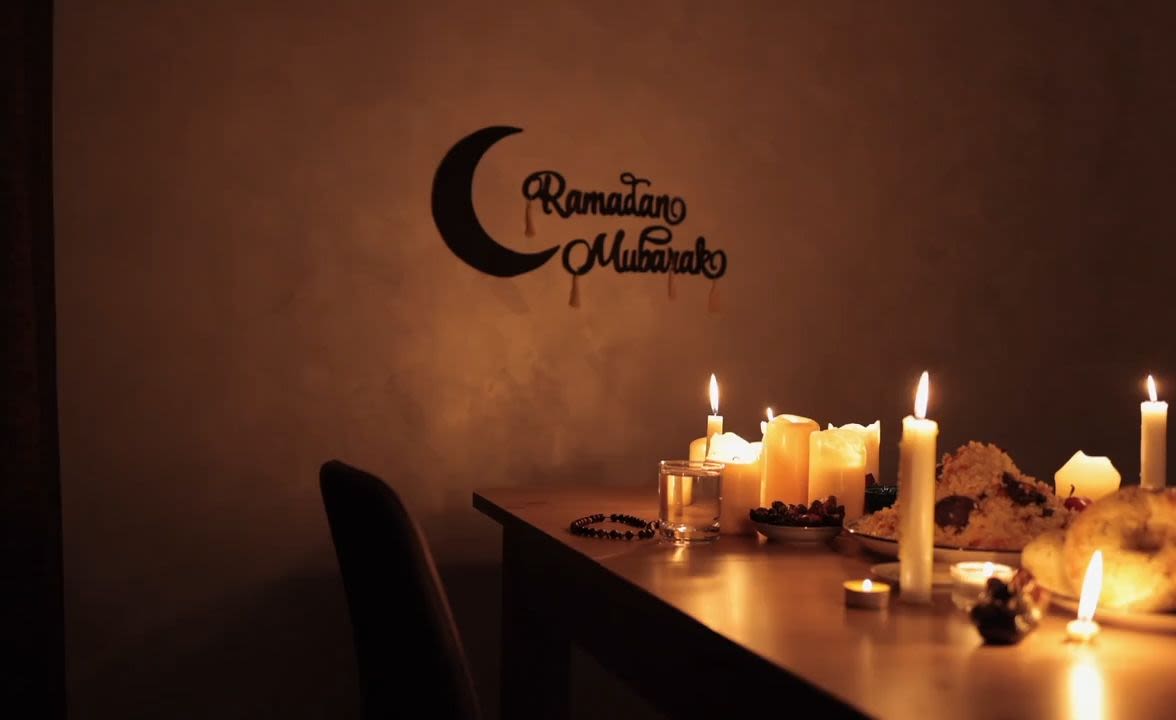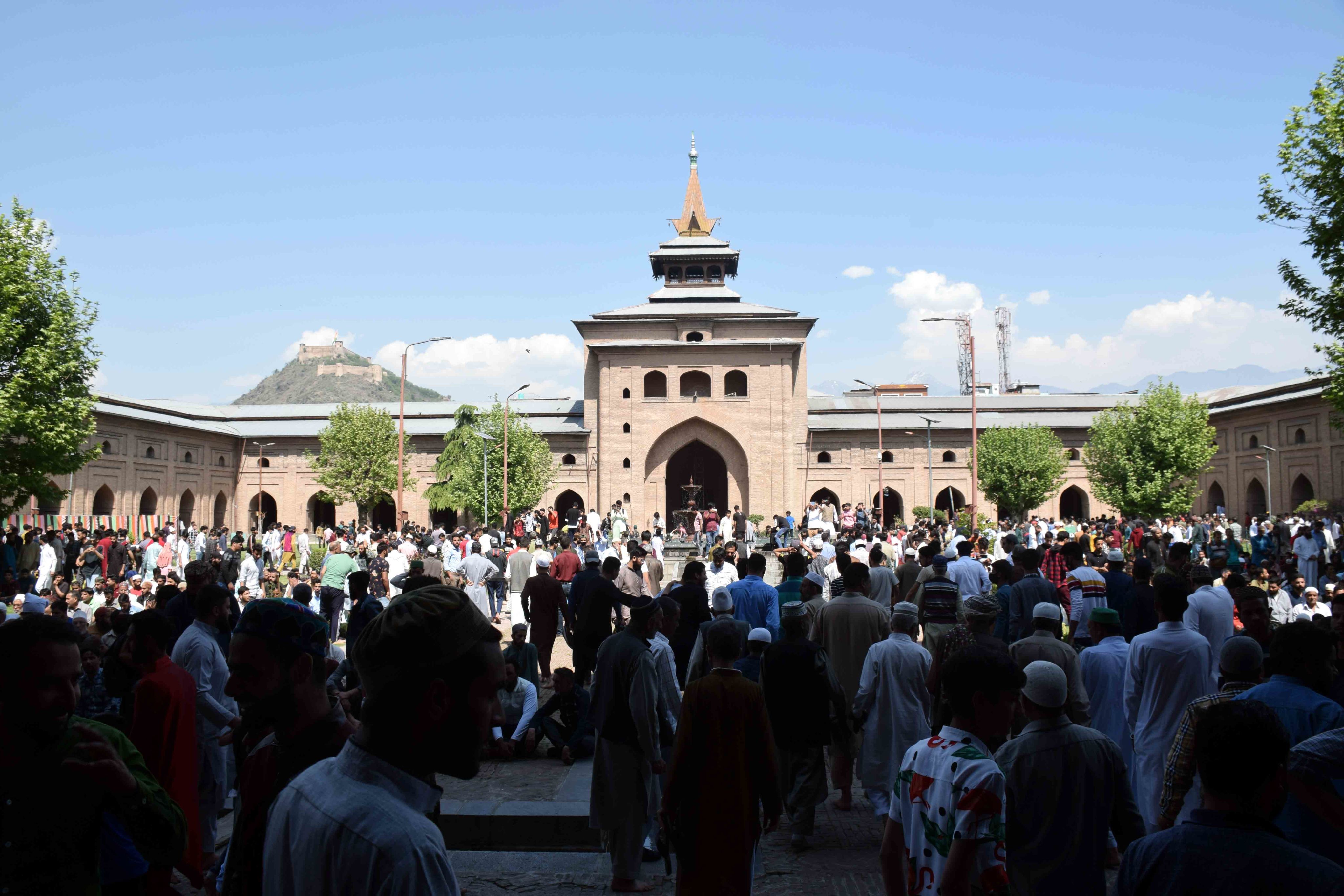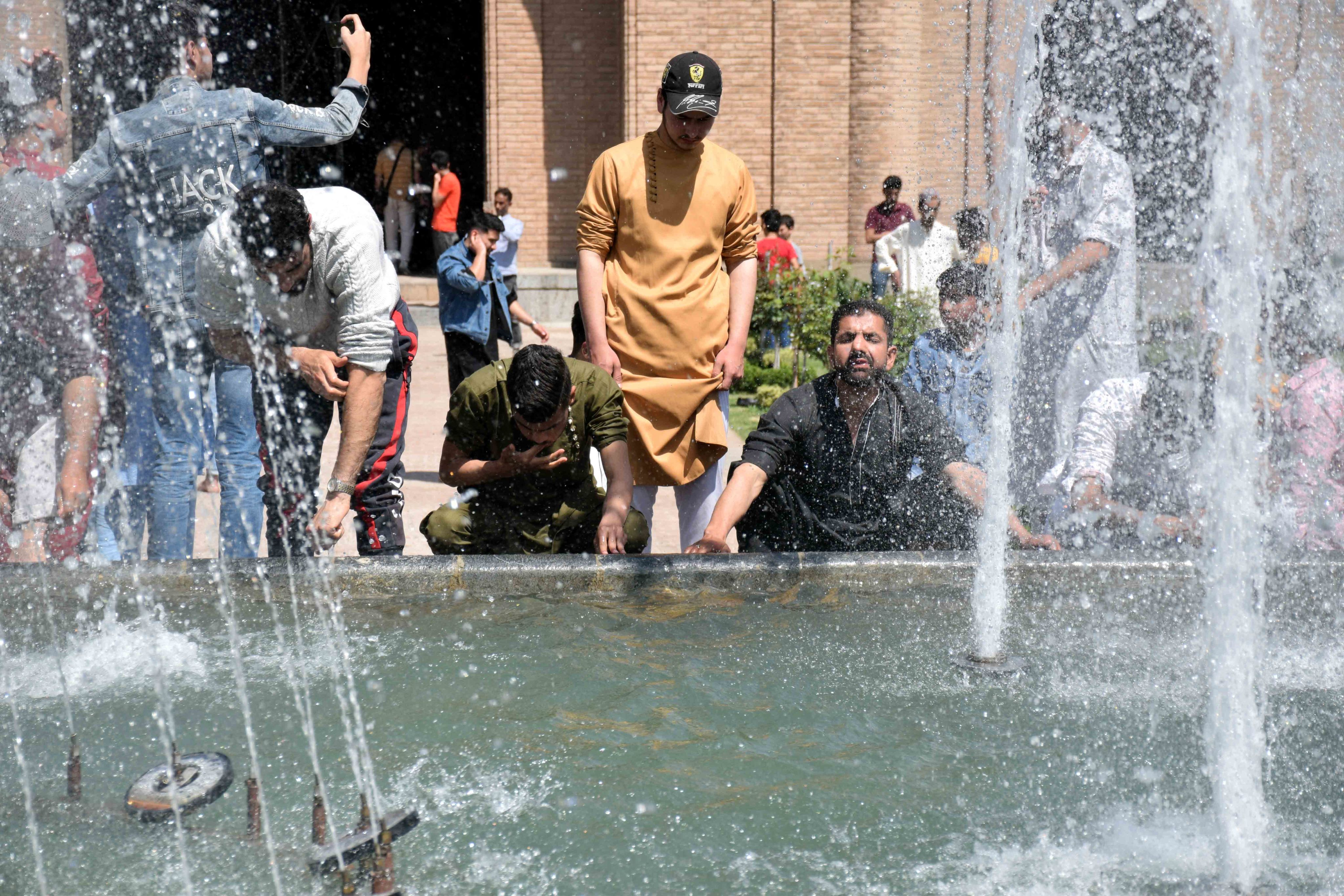Observing Ramadan in India’s Kashmir state
Kashmir, the only Muslim majority state of India, observes Ramadan this year without the health restrictions imposed in the past two years

For Muslims across the world, Ramadan is the most sacred month of the year. Followers of Islam are required to abstain from food and drink from dawn to dusk until the moon is sighted the next month.
Kashmir, the only Muslim majority state of India, observes Ramadan this year without the health restrictions imposed in the past two years because of the coronavirus pandemic. These days, congregational prayers are being held late into the evening.

Kashmir, the only Muslim majority state of India, has been this month celebrating Ramadan without curbs for the first time since 2020. (Photo by Umer Asif)
Kashmir, the only Muslim majority state of India, has been this month celebrating Ramadan without curbs for the first time since 2020. (Photo by Umer Asif)
Islam arrived in Kashmir at the beginning of the early 14th century through a missionary named Mir Sayed Ali Hamadani, reverently known as Shah-e-Hamdan. Majority of the Muslims in the region follow Islam’s Hanafi school of thought.
Muslims believe that fasting is meant to remind them of the less fortunate and to reinforce the need to be thankful to their Lord for all the bounties bestowed upon them.
Fasting is considered one of the five pillars, or duties, of Islam. It is mandatory for all healthy adult Muslims to fast during Ramadan. Children who have not reached puberty, the elderly, those who are physically or mentally incapable of fasting, pregnant women, breastfeeding mothers, and travelers are exempt.
Muslims abstain from all food or drink, including water and chewing gum, from dawn to sunset.
Before sunrise, they eat a pre-fast meal known as suhur. This meal may include more dinner-like foods. After sundown, Muslims break their fast with iftar, a meal that usually starts with dates and water or milk, followed by dinner.
After Ramadan, Muslims celebrate a holiday called Eid-ul-Fitr. On the morning of this day, they hold congregational thanksgiving prayers, visit family and friends, and celebrate over food, gifts, and activities for children.

Devotees performing abolution ahead of Prayers outside a mosque in Kashmir. (Photo by Umer Asif)
Devotees performing abolution ahead of Prayers outside a mosque in Kashmir. (Photo by Umer Asif)
